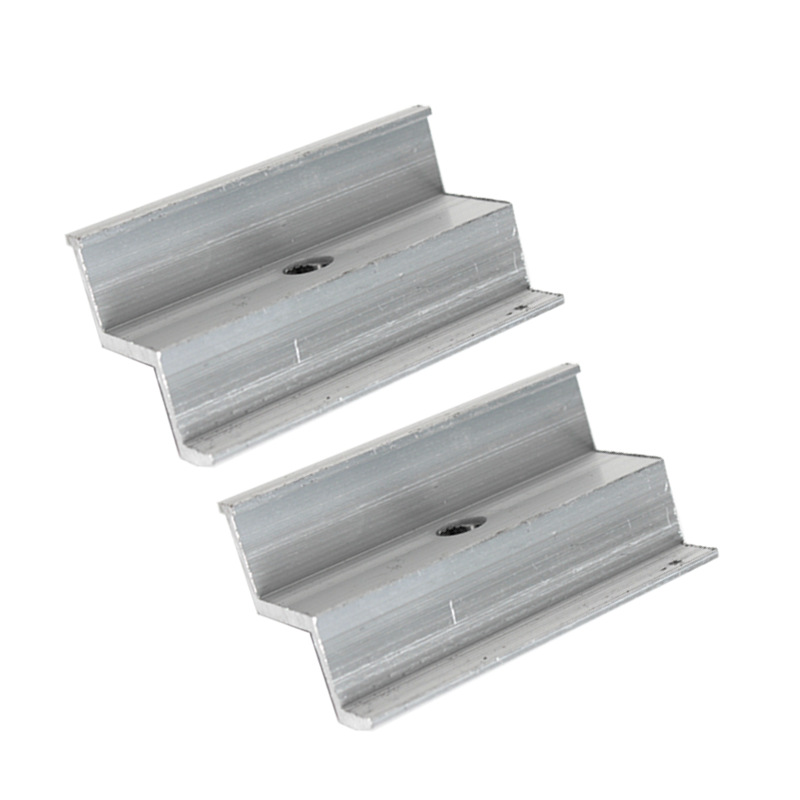

Exploring the Benefits and Applications of 12mm Stud Bolts in Various Industries and Projects
Aug . 15, 2024 13:19 Back to list
Exploring the Benefits and Applications of 12mm Stud Bolts in Various Industries and Projects
Understanding 12mm Stud Bolts Applications and Benefits
In the realm of mechanical and structural engineering, fasteners play a crucial role in ensuring the integrity and durability of various constructions. Among the myriad of fasteners available, the 12mm stud bolt stands out for its versatility and strength. This article delves into the features, applications, and advantages of 12mm stud bolts.
What is a Stud Bolt?
A stud bolt is a long rod that is threaded at both ends, designed to be used in conjunction with nuts and often washers. Unlike standard bolts, which have a head on one end, stud bolts offer a simple and effective way to connect two components, allowing for even distribution of load and facilitating disassembly when necessary. The 12mm designation refers to the diameter of the bolt, which is a common size in many industrial applications. This size strikes a balance between strength and manageability, making it ideal for a variety of uses.
Key Features of 12mm Stud Bolts
1. Material Composition 12mm stud bolts can be fabricated from different materials, including carbon steel, stainless steel, and alloy steel. The choice of material depends on the specific application and environmental factors, such as exposure to chemicals or moisture.
2. Thread Type Stud bolts are typically available in various thread types, such as UNC (Unified Coarse), UNF (Unified Fine), and metric threads. The selection of the thread type affects the bolt’s grip and performance in different scenarios.
3. Load Capacity The load capacity of a 12mm stud bolt largely depends on its material and length. When installed correctly, stud bolts can withstand significant tensile and shear forces, making them suitable for heavy-duty applications.
4. Corrosion Resistance Depending on the specific material and coating applied, such as galvanization or passivation, 12mm stud bolts can offer different levels of corrosion resistance. This is crucial in applications exposed to harsh environments.
Applications of 12mm Stud Bolts
12mm stud bolts are utilized across various industries due to their strength and reliability. Common applications include
12mm stud bolt

1. Construction In the construction industry, 12mm stud bolts are used to secure structural components, such as beams and columns, ensuring stability and safety.
2. Manufacturing In manufacturing settings, they are crucial in machinery assembly, where they help hold together different parts under operational stress.
3. Automotive The automotive industry employs stud bolts in engine assemblies, transmission systems, and chassis components, benefiting from their durability and load-bearing capacity.
4. Infrastructure 12mm stud bolts are essential in infrastructure projects, such as bridges and highways, where they hold together large structures that must withstand various forces.
Advantages of Using 12mm Stud Bolts
1. Easy Installation Stud bolts can be easily installed and removed, allowing for maintenance and repairs without the need for special tools.
2. Versatility Their ability to be used in various orientations and applications makes them a preferred choice in many engineering projects.
3. Enhanced Load Distribution With their elongated shape and dual-threaded ends, 12mm stud bolts provide better load distribution compared to traditional bolts, reducing the risk of failure.
4. Cost-Effectiveness Due to their durability and reusable nature, 12mm stud bolts prove to be an economical choice in the long run.
Conclusion
The 12mm stud bolt is an indispensable element in many industrial applications, combining strength, versatility, and ease of use. Whether in construction, manufacturing, or automotive sectors, these fasteners provide reliability and performance, ensuring the safety and longevity of structures and machinery. As technology advances and new materials are developed, the role of stud bolts continues to grow, reinforcing their place in the engineering toolbox.
Latest news
-
High-Strength Hot Dip Galvanized Bolts - Hebei Longze | Corrosion Resistance, Customization
NewsJul.30,2025
-
Hot Dip Galvanized Bolts-Hebei Longze|Corrosion Resistance&High Strength
NewsJul.30,2025
-
High-Strength Hot-Dip Galvanized Bolts-Hebei Longze|Corrosion Resistance&High Strength
NewsJul.30,2025
-
Hot Dip Galvanized Bolts-Hebei Longze|Corrosion Resistance&High Strength
NewsJul.30,2025
-
Hot Dip Galvanized Bolts - Hebei Longze | Corrosion Resistance, High Strength
NewsJul.30,2025
-
High-Strength Hot Dip Galvanized Bolts-Hebei Longze|Corrosion Resistance, Grade 8.8
NewsJul.30,2025

